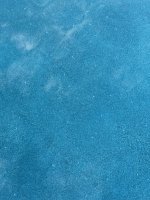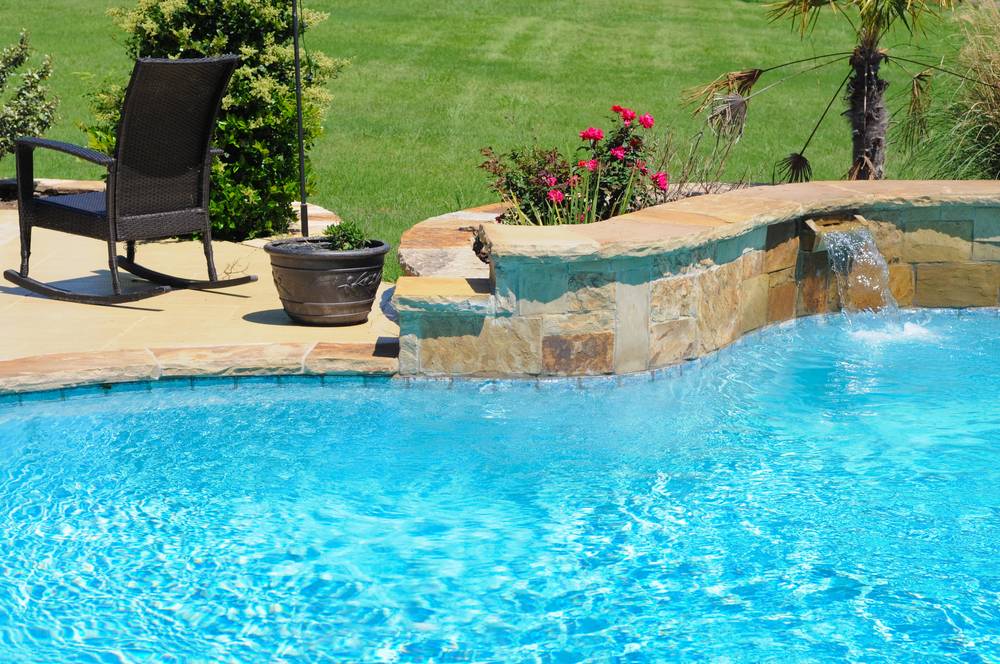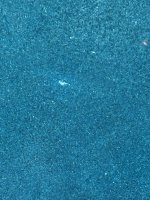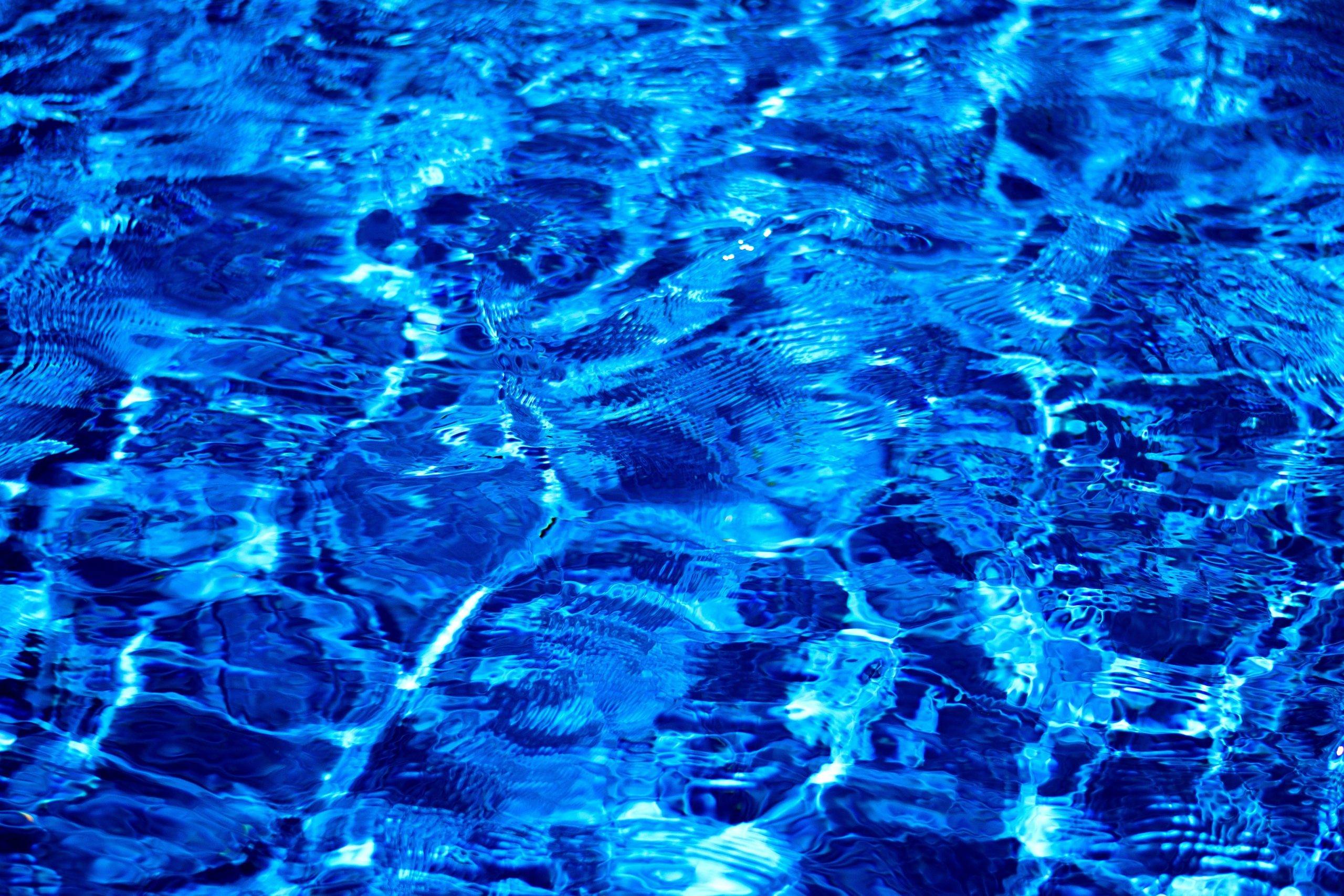I have to defer to most of your thread's contributors, as they have more experience with pools than I. But I did do a lot of research after my finish was destroyed, to help me determine what had happened (and who was at fault). What I pieced together, and what I now share, isn't generally disputed here when I do. Which is:
Acid washing doesn't magically attack the stuff you're trying to get rid of, while leaving your pool finish alone. No, it dissolves a layer of your pool off, which happens to take the crud with it (and usually not all of it). What you are left with (even when the acid wash is done perfectly) is less pool. There is no way around that. Less finish, less years of the life of your finish, and a significantly rougher finish at that. As James points out, with a pebble finish you get all that goodness plus some of your pebbles will fall out, too! That's after a
good acid wash! A bad acid wash will leave pock marks, can create bubbles in the finish that then pop off, and worse. My pool experienced all of the above.
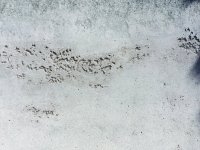
I've got a folder full of these pics, from all over my pool. This one is from the side, the bottom was way worse. That's the entire skim layer burned off. What you don't see is how rough to the touch the parts were that weren't completely burned off.
James also warns of the dangers of emptying your pool. Yes, it can float out of the ground under certain conditions. But there's more to that, too. Especially with an older pool. The water is part of the structure of a pool. The water pressure is pushing outward on the plaster finish. If suddenly removed, along with direct exposure to sunlight, all kinds of fun things can take place. The bubbling I described, and/or pop offs (weak areas of your finish suddenly free of the force holding them in place just pop off), etc. Blah, blah, blah. Don't empty your pool unless you absolutely have to, and never acid wash it. Period.
Now what I have no experience with is this "no drain" acid treatment. They'll correct me if I'm wrong, but this lowering of CSI/pH is some form of that, if just a less aggressive one. So now I'm just theorizing. But other than avoiding the dangers of emptying your pool, how is this going to be much different than an acid wash? It's just a more controlled one. How is the more aggressive water going to go after and dissolve just the calcium scale without also going after your pool finish? Sorry, not seeing it. Maybe others here can explain that.
If you force me to guess, I'd say even if you could somehow use these techniques to rid your pool of the scaling, you're going to reduce the life of your finish by some amount. I don't think anyone here can say by how much. And you'll never know either. When you eventually have to refinish, you'll never know if you had to do so a month sooner than you would have, or a year, or five years.
Just be aware that there is going to be some sort of trade off if you don't leave well enough alone. That trade off could very well be worth it to you, a nicer looking pool, but a little less life, maybe a little rougher feel. But that is not a guarantee, and there's no formula that you can ponder beforehand, you'll just have to roll the dice.
A final note.
One of the many refinishers I talked with told me his MO to avoid the dangers of a typical acid wash was to use a hybrid approach. He very lightly acid washes the finish (with a much reduced acid "strength"), only enough to kinda loosen things up, he said, and then he goes at it with manual abrasion. Basically sanding off the scale. He doesn't really avoid losing some of the plaster, but his process affords much finer control, and the ability to work on discrete areas as much or as little as needed. He can fine tune the material removal: more aggressive in the worst spots, little or no abrasion in areas that are less affected or not affected at all. And the sanding has the benefit of leaving the finish nice and smooth. You can somewhat vary the treatment from area to area with an acid wash, if you're really good at it (most guys are not), but not at all with a no-drain acid treatment. That latter MO is going to apply the same treatment of aggressive water equally to every square inch of your finish, whether they need it or not.
Put another way, you have already figured out how best to solve your scaling... by sanding it off. But that's a trade off, too, isn't it? Is a little better looking pool worth the effort you now know it's going to take?
Or you can squint your eyes a little while staring at your pool, and convince yourself you're looking at organic art, maybe a bit like looking at the Milky Way on a cloudless night. No muss, no fuss, cocktail in hand, and bob's-yer-uncle.


